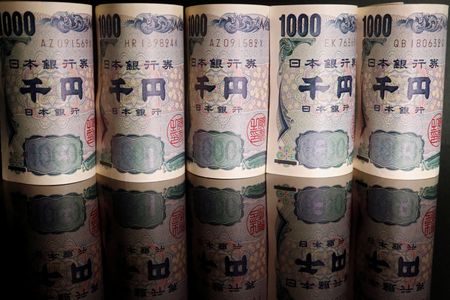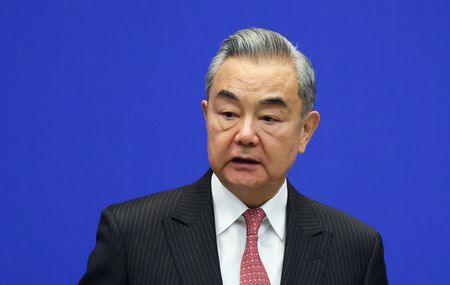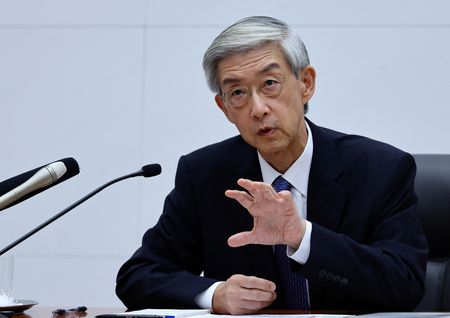TOKYO (Reuters) -Japan can actively intervene in the currency market to mitigate the negative economic impact of a weak yen, Takuji Aida, a private-sector member of a key government panel, said in a television programme on public broadcaster NHK on Sunday.
“Japan has excessive foreign reserves, so it can become active in tapping them to conduct (yen-buying) intervention,” said Aida, an adviser to Prime Minister Sanae Takaichi.
“It can therefore be active in mitigating the side effect of a weak yen with intervention.”
Aida advocates stimulating the economy by keeping interest rates low and boosting spending even at the cost of ramping up debt issuance.
In an interview with Reuters on October 9, Aida had said the yen’s weakness benefits the economy and the hit to households from rising import costs can be offset by aggressive spending.
While a weak yen boosts exports, it has become a headache for Japanese policymakers fretting about the inflationary impact such as pushing up import costs.
The yen is down around 6% since Takaichi was elected leader of her party last month due to market concern that her administration could issue more debt to fund a big spending package, casting doubt on Japan’s grip on finances.
As the yen fell to 10-month lows against the dollar, Finance Minister Satsuki Katayama threatened last week to intervene, in a shift away from the administration’s initially sanguine approach over the demerits of a weak currency.
Aida, who is chief Japan economist at Credit Agricole, sits on Takaichi’s advisory panel which reviews and implements the administration’s growth strategy.
(Reporting by Leika Kihara; Editing by Richard Chang)










